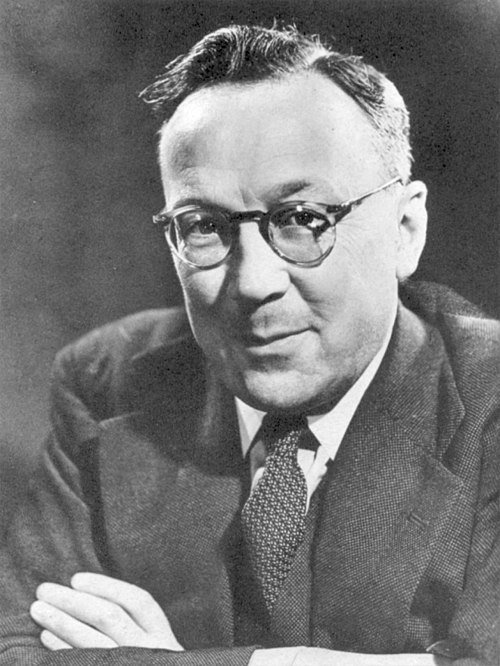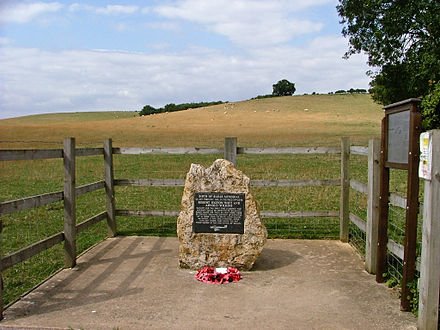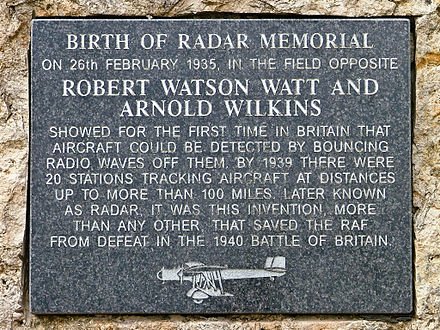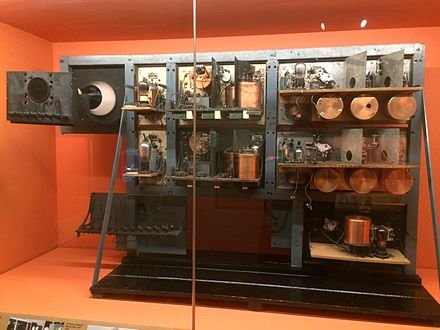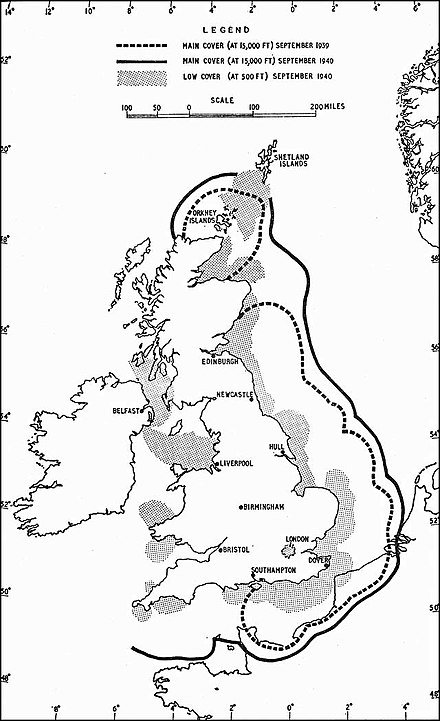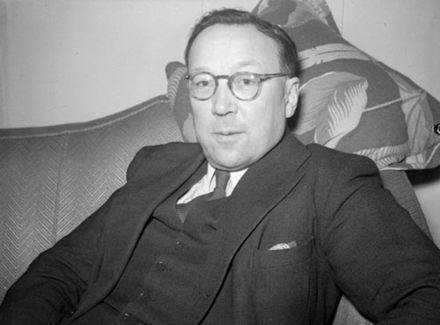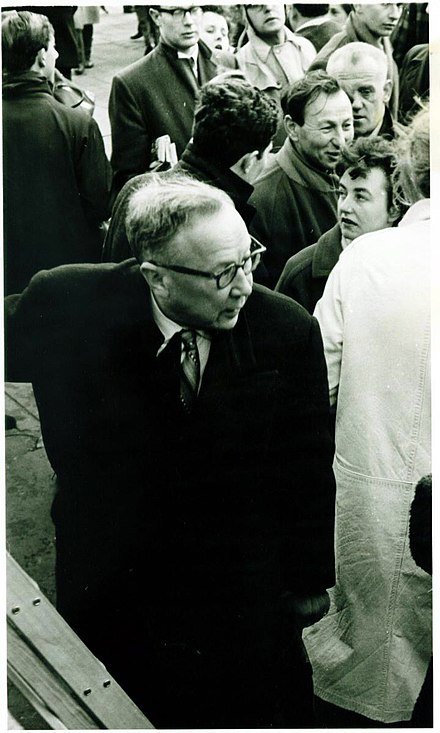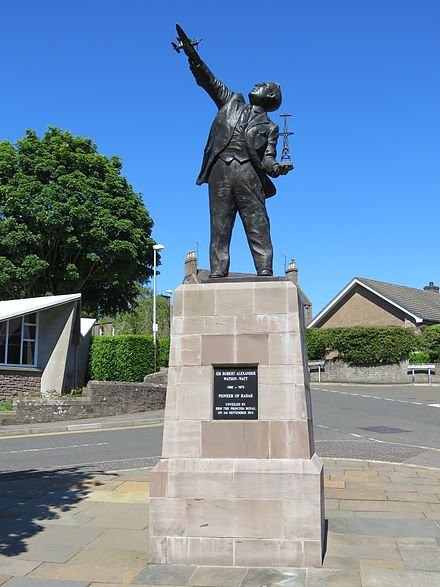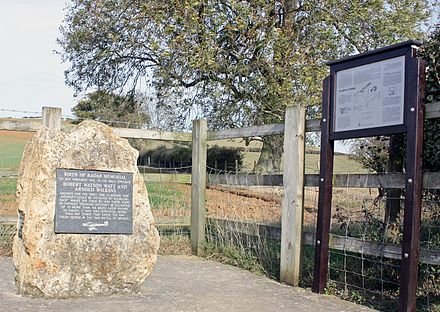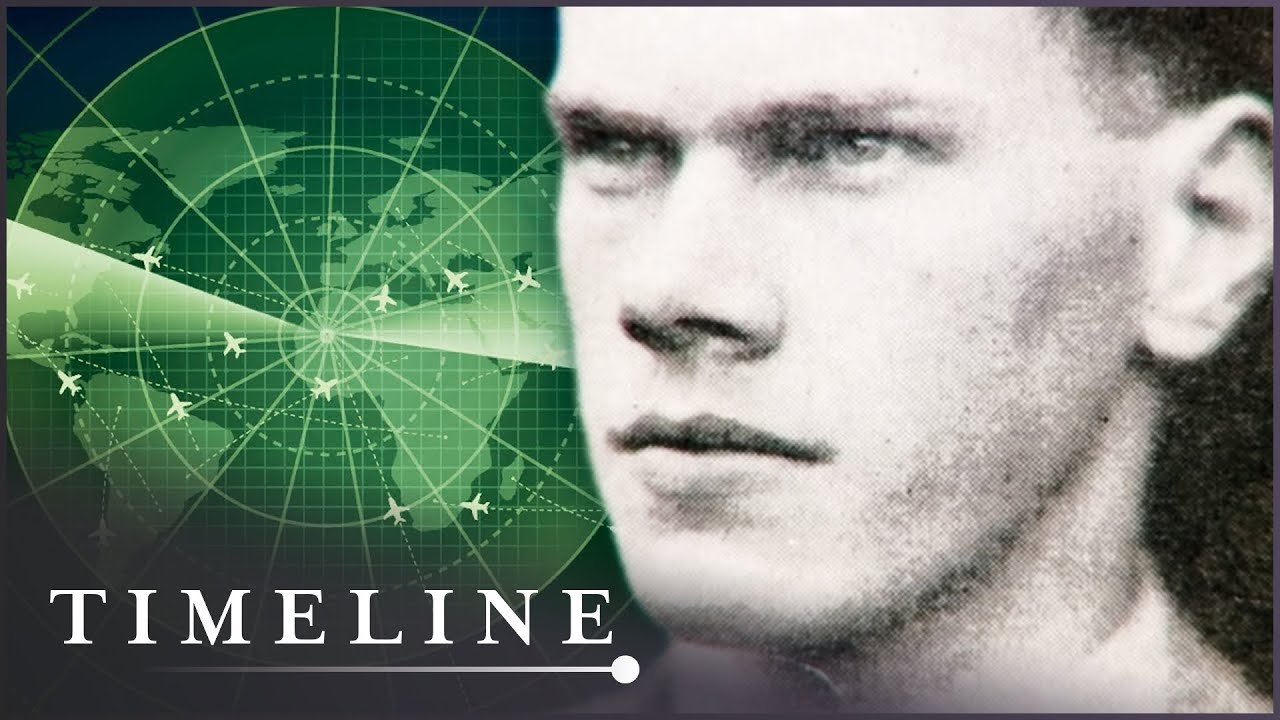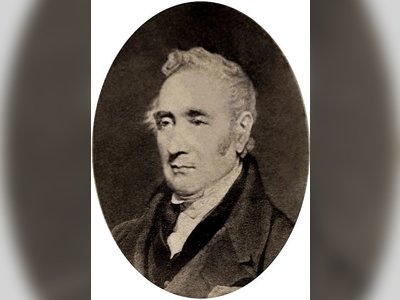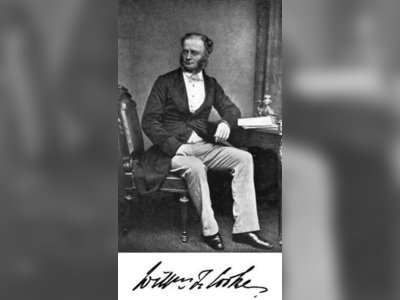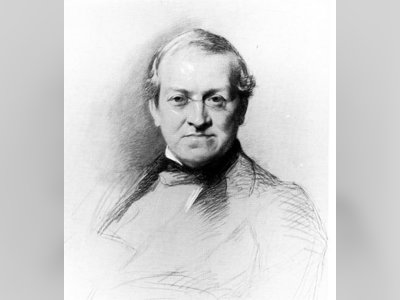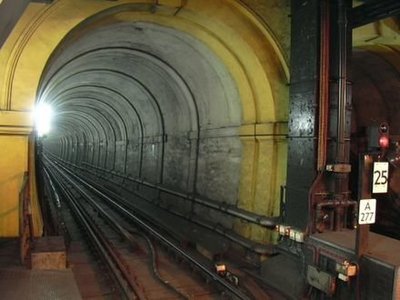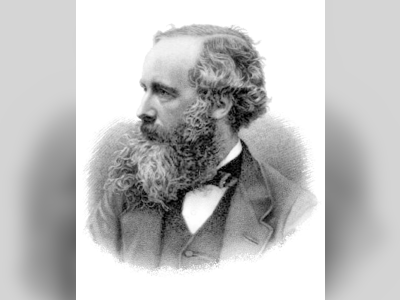Robert Watson-Watt - Radar
Contribution of Radar to British Heritage.
Radar, a revolutionary technology credited with helping to end The Blitz during World War II, was developed by the pioneering Scotsman Robert Watson-Watt. His groundbreaking work in radio direction finding and radar technology transformed air defense capabilities and had a profound impact on British heritage.
Early Experiments and the Birth of Radar
In the early 1920s, Robert Watson-Watt, a radio physicist, focused on finding accurate ways to track thunderstorms using radio signals emitted by lightning. His research led to the development of a system called high-frequency direction finding (huff-duff), which had significant military potential, but its true applications were not realized until the late 1930s.
In 1935, while investigating reports of a supposed German "death ray," Watson-Watt and his assistant Arnold Frederic Wilkins discovered the possibility of using radio waves to detect aircraft at long distances. They successfully demonstrated this concept in February 1935 by bouncing radio signals off an aircraft, effectively giving birth to the idea of radar.
Chain Home and the Battle of Britain
Watson-Watt led the development of a practical radar system known as Chain Home, which became operational in 1938. This network of fixed radar towers provided vital advance information about incoming enemy aircraft, enabling the Royal Air Force (RAF) to intercept and defend against German air raids during the Battle of Britain in 1940.
With 19 Chain Home radar stations across the UK, data was fed back to a central mapping room, allowing the RAF to scramble fighters in response to enemy attacks. The successful implementation of this radar system played a crucial role in the RAF's victory over the Luftwaffe, ultimately saving Britain from the threat of invasion.
Airborne Interception and The Blitz
Realizing the need for airborne radar systems, Watson-Watt's team developed Airborne Interception (AI) radar, which was fitted onto fighter aircraft. AI radar enabled night-time detection of enemy bombers, helping the RAF effectively counter the devastating German bombing campaign known as The Blitz in 1941.
The combination of Chain Home and AI radar gave the RAF a strategic advantage, and the Luftwaffe's night raids were significantly disrupted. The use of radar technology was instrumental in ending The Blitz and protecting British cities from further aerial attacks.
Legacy and Honors
Robert Watson-Watt's contributions to radar technology were invaluable, and his work had a lasting impact on British heritage. In recognition of his achievements, he was knighted by King George VI in 1942 and was awarded the US Medal for Merit in 1946.
Even after the war, Watson-Watt continued to make significant contributions to the field of engineering and served as a consulting engineer. His legacy in the development of radar technology remains a key part of British scientific and military history.
Conclusion
Robert Watson-Watt's innovative work in radio direction finding and the development of radar technology had a profound influence on British heritage. His invention of Chain Home radar, coupled with Airborne Interception radar, played a vital role in the defense of Britain during World War II, helping to end The Blitz and protect the country from aerial attacks. Watson-Watt's legacy as a pioneer in radar technology is forever etched in history, and his contributions continue to be celebrated as a crucial part of British scientific and military achievements.
- Robert Watson-Watten.wikipedia.org
